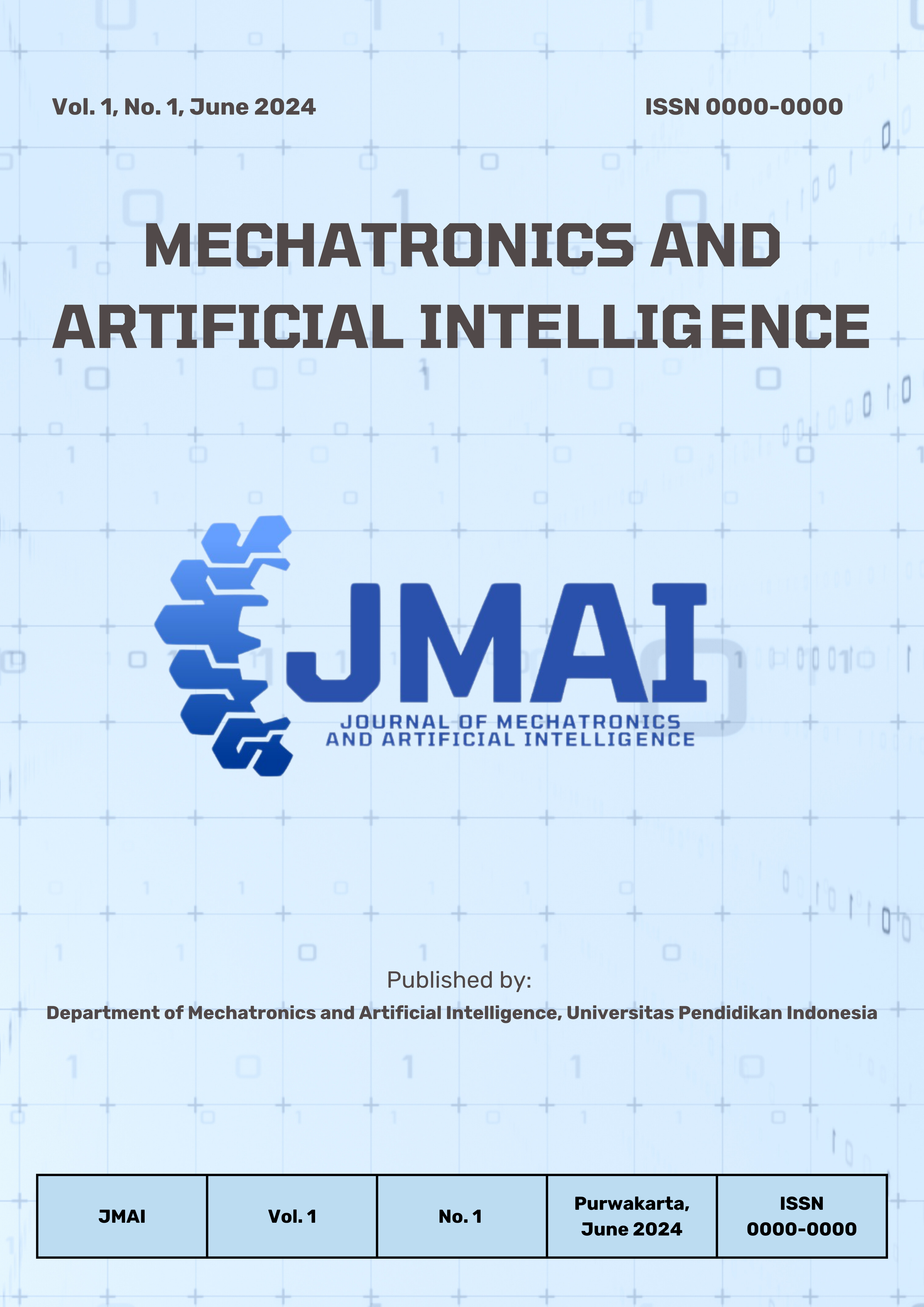Comparison of Naïve Bayes Classifier and Support Vector Machine Methods for Sentiment Classification of Responses to Bullying Cases on Twitter
Abstract
The rapid dissemination of information related to the K-Pop world, facilitated by social media, has made it easier to follow developments and controversies. One notable case that sparked extensive discussion on Twitter was the bullying allegations against Kim Garam of LE SSERAFIM. Researchers, using Twitter data, sought to analyze Indonesian public sentiment regarding this case through sentiment analysis, which classifies opinions as positive or negative. For processing textual data, text mining methods, particularly classification techniques, are employed. Two popular algorithms in text mining are the Naive Bayes classifier and the support vector machine (SVM). The Naive Bayes classifier is favored for its speed, simplicity, and high accuracy, while the SVM excels at identifying a hyperplane that maximizes the margin between classes. In this study, sentiment classification results were labeled as either positive or negative. The comparison between the Naive Bayes classifier and SVM for classifying responses to Kim Garam's bullying case on Twitter showed high accuracy rates: 93% for Naive Bayes and 97% for SVM. The higher accuracy of the SVM algorithm indicates its superiority over the Naive Bayes classifier in this context.
Keywords
Full Text:
PDFReferences
E. Fachrosi et al., “Dinamika fanatisme penggemar k-pop pada komunitas btsarmy medan,” J. Divers., vol. 6, no. 2, pp. 194– 201, 2020.
S. C. M. Putri and S. I. Savira, “Gambaran Citra Diri Fanboy Kpop ( Sebuah Studi Kasus Pada Penggemar Laki Laki Musik Korea Dalam Komunitas Fandom),” Character J. Penelit. Psiokologi, vol. 8, no. 6, p. 13, 2021.
R. Rosdiana, T. Eddy, S. Zawiyah, and N. Y. U. Muhammad, “Analisis Sentimen pada Twitter terhadap Pelayanan Pemerintah Kota Makassar,” Proceeding SNTEI, no. June 2020, pp. 87–93, 2019.
T. Mardiana, H. Syahreva, and T. Tuslaela, “Komparasi Metode Klasifikasi Pada Analisis Sentimen Usaha Waralaba Berdasarkan Data Twitter,” J. Pilar Nusa Mandiri, vol. 15, no. 2, pp. 267–274, 2019, doi: 10.33480/pilar.v15i2.752.
M. Hengki and M. Wahyudi, “Klasifikasi Algoritma Naïve Bayes dan SVM Berbasis PSO Dalam Memprediksi Spam Email Pada Hotline-Sapto,” Paradig. - J. Komput. dan Inform., vol. 22, no. 1, pp. 61–67, 2020, doi: 10.31294/p.v22i1.7842.
M. F. Rifai, H. Jatnika, and B. Valentino, “Penerapan Algoritma Naïve Bayes Pada Sistem Prediksi Tingkat Kelulusan Peserta Sertifikasi Microsoft Office Specialist (MOS),” Petir, vol. 12, no. 2, pp. 131–144, 2019, doi: 10.33322/petir.v12i2.471.
M. I. Fikri, T. S. Sabrila, and Y. Azhar, “Perbandingan Metode Naïve Bayes dan Support Vector Machine pada Analisis Sentimen Twitter,” Smatika J., vol. 10, no. 02, pp. 71–76, 2020, doi: 10.32664/smatika.v10i02.455.
S. Lestari and S. Saepudin, “Analisis Sentimen Vaksin Sinovac Pada Twitter Menggunakan Algoritma Naive Bayes,” SISMATIK (Seminar Nas. Sist. Inf. dan Manaj. Inform., pp. 163–170, 2021.
S. Kaparang, D. R. Kaparang, and V. P. Rantung, “Analisis Sentimen New Normal Pada Masa Covid-19 Menggunakan Algoritma Naive Bayes Classifier,” Jointer - J. Informatics Eng., vol. 2, no. 01, pp. 16–23, 2021, doi: 10.53682/jointer.v2i01.33.
F. Ratnawati, “Implementasi Algoritma Naive Bayes Terhadap Analisis Sentimen Opini Film Pada Twitter,” INOVTEK Polbeng - Seri Inform., vol. 3, no. 1, p. 50, 2018, doi: 10.35314/isi.v3i1.335.
Aditya, C.S.K., 2024, March. Sentiment analysis regarding the impact of Covid-19 on education in Indonesia with the naïve bayes classifier. In AIP Conference Proceedings (Vol. 2927, No. 1). AIP Publishing.
DOI: https://doi.org/10.17509/jmai.v1i1.69959
Refbacks
- There are currently no refbacks.








